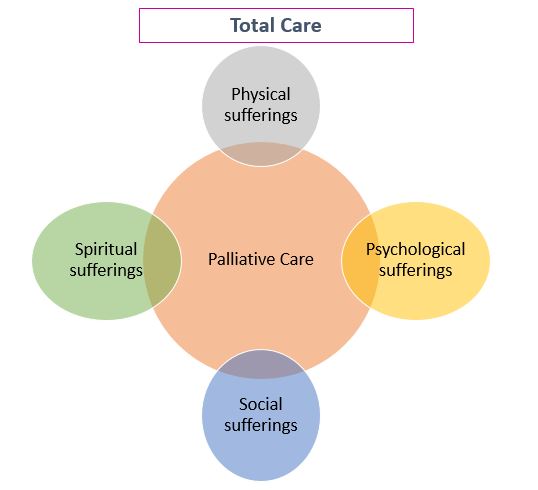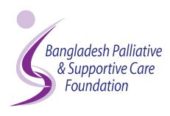What is Palliative Care?
The World Health Organization defines palliative care as “an approach that improves the quality of life of patients and their families facing the problem associated with life-threatening illness, through the prevention and relief of suffering by means of early identification and impeccable assessment and treatment of pain and other problems, physical, psychosocial and spiritual.”
Palliative care is for the people with a life limiting or terminal illness that helps them to live their life as comfortable as possible. Palliative care identifies and treats symptoms which may be physical, emotional, spiritual or social. Because palliative care is based on individual needs, the services offered will differ but may include:
- Relief of pain and other symptoms e.g. vomiting, shortness of breath etc.
- Resources such as equipment needed to aid care at home
- Assistance for families to come together to talk about sensitive issues
- Links to other services such as home help and financial support
- Support for people to meet cultural obligations
- Support for emotional, social and spiritual concerns
- Counselling and grief support
- Referrals to respite care services
Palliative care not only provides care in the final stages of life, but will also help to live well with a terminal illness. Sometimes palliative care can be of benefit for a person at their initial diagnosis of a life-limiting condition, or be useful on and off through various stages of an illness.
Palliative care is also regarded as a family-centered model of care as it provides practical and emotional support to the family and carers too.

References
World Health Organization 2018. ‘Cancer’, viewed 25 April 2018, <http://www.who.int/cancer/palliative/definition/en/>
